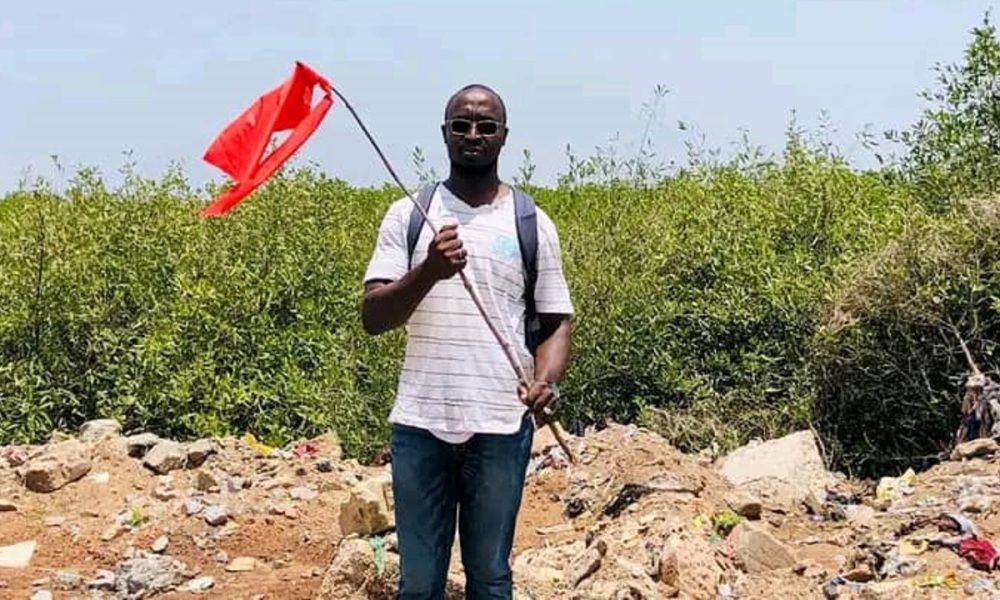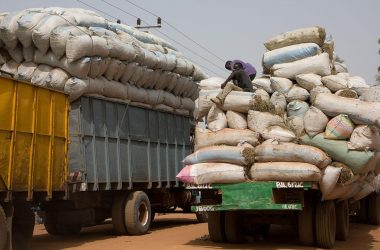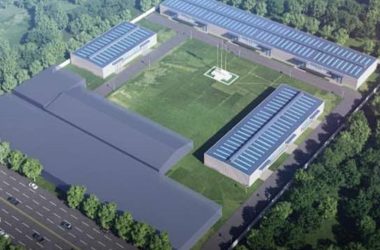The wetlands surrounding Bone Road in Banjul are facing an environmental crisis. Once rich with mangrove forests and aquatic life, these vital ecosystems are now increasingly being used as dumping grounds for solid waste, a trend that poses a serious threat to marine biodiversity and the future of Banjul itself.
The degradation of these wetlands has prompted alarm from environmental advocates, including Mr. Amadou Wurry Jallow, a well-known Banjul-based environmentalist.
Speaking to JollofNews, Mr. Jallow described the situation as dire, warning that the ecological and human consequences of continued neglect could be catastrophic.
Mr. Jallow acknowledged the efforts of a few young people in Banjul who have taken a stand against the destruction of the wetlands. He recalled a protest in 2022 that highlighted growing concern among some members of the youth, though he stressed that the movement lacks broader support. “There’s passion among a few youth, but their numbers are too small to make a real impact,” he said.
In discussing legal protections, Mr. Jallow pointed to The Gambia’s status as a signatory to the RAMSAR Convention an international treaty focused on the conservation and sustainable use of wetlands. Yet, he criticised the country’s failure to honor its obligations under the treaty. “There is no respect to the treaty because there is a lot of industrialization going on in the Banjul wetlands around Bone Road, and they are killing the mangroves and the ecosystem,” he said.
Mr. Jallow expressed deep frustration over the lack of domestic legal backing to protect the wetlands. While environmental protection falls under the purview of local councils, he noted that there are currently no by-laws in place to safeguard the wetlands. Despite repeated engagements with the Banjul City Council (BCC), no tangible steps have been taken to introduce such legislation.
According to Mr. Jallow, the Local Government Act legislation that could empower local councils to act on environmental issues has remained dormant since the tenure of former Mayor Lie Bah. As a result, he said, BCC councilors remain effectively powerless on matters of environmental governance.
One of the most troubling revelations from Mr. Jallow was the absence of an environmental committee within the BCC. “If it was a matter of interest, BCC would have a committee that looks at environmental issues,” he said, implying that the lack of such a committee shows that environmental protection is not a priority for city authorities.
Mr. Jallow also raised urgent concerns about the vulnerability of Banjul to rising sea levels. Citing expert research, he warned that Banjul a low-lying city could be submerged by 2050 if decisive action is not taken. “Neither the Central Government nor the City Council is implementing strategic measures to protect Banjul from sea level rise,” he said.
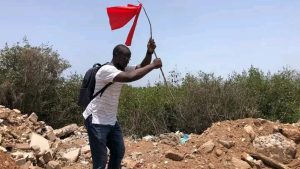
He referred to the projected scenario as a “serious damage hunting the City of Banjul.” He further warned that the continued destruction of the wetlands, which serve as natural buffers against flooding, could speed up the effects of climate change in the area.
The human cost of inaction could be staggering. Mr. Jallow noted that more than 45,000 residents of Banjul do not know how to swim. In the event of flooding or sea level rise, he said, an estimated 90 percent of the population could be severely affected or even perish.
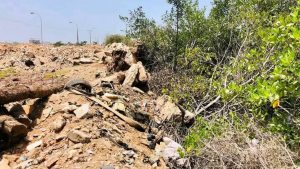
But the stakes go far beyond personal safety. Mr. Jallow emphasized Banjul’s national importance, pointing out that the city is home to key government institutions, including the National Assembly, the Supreme Court, the State House, the seaport, and several ministries. “Losing 30 or 25 percent of Banjul would not just be a local disaster it would have national consequences,” he warned. “If those institutions are flooded, one will question our existence as a sovereign nation.”

Mr. Jallow’s message was clear: The Gambian government, at both the national and municipal levels, must act urgently to protect Banjul’s wetlands. This is not just a matter of environmental conservation it is a matter of national security and survival. His call to action underscores the need for immediate policy reforms, greater public engagement, and stronger enforcement of existing treaties.
For Banjul, time is running out. The city’s future and that of its people depends on the choices made today.

